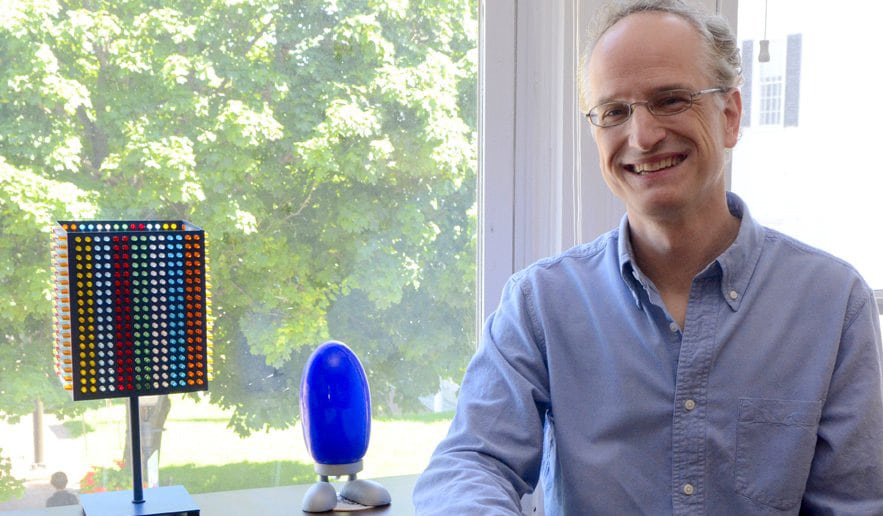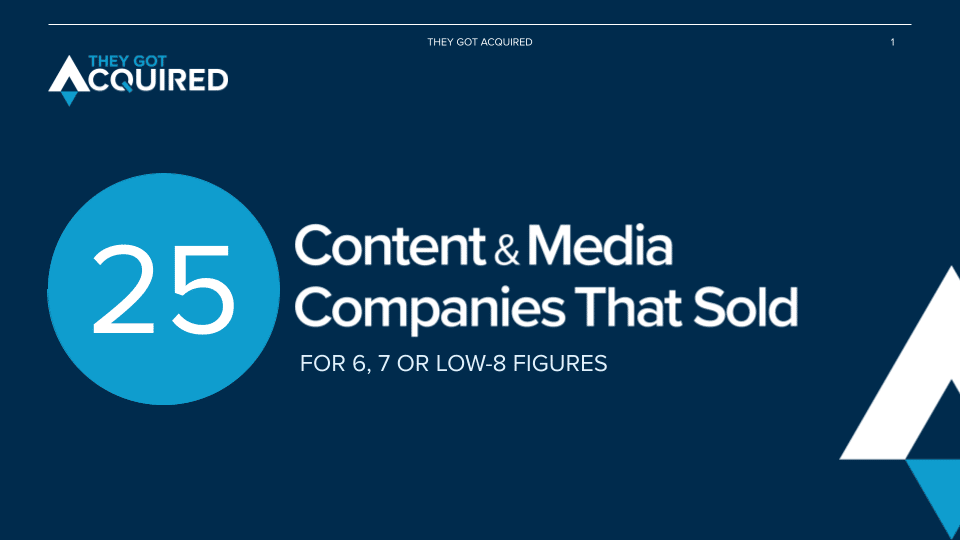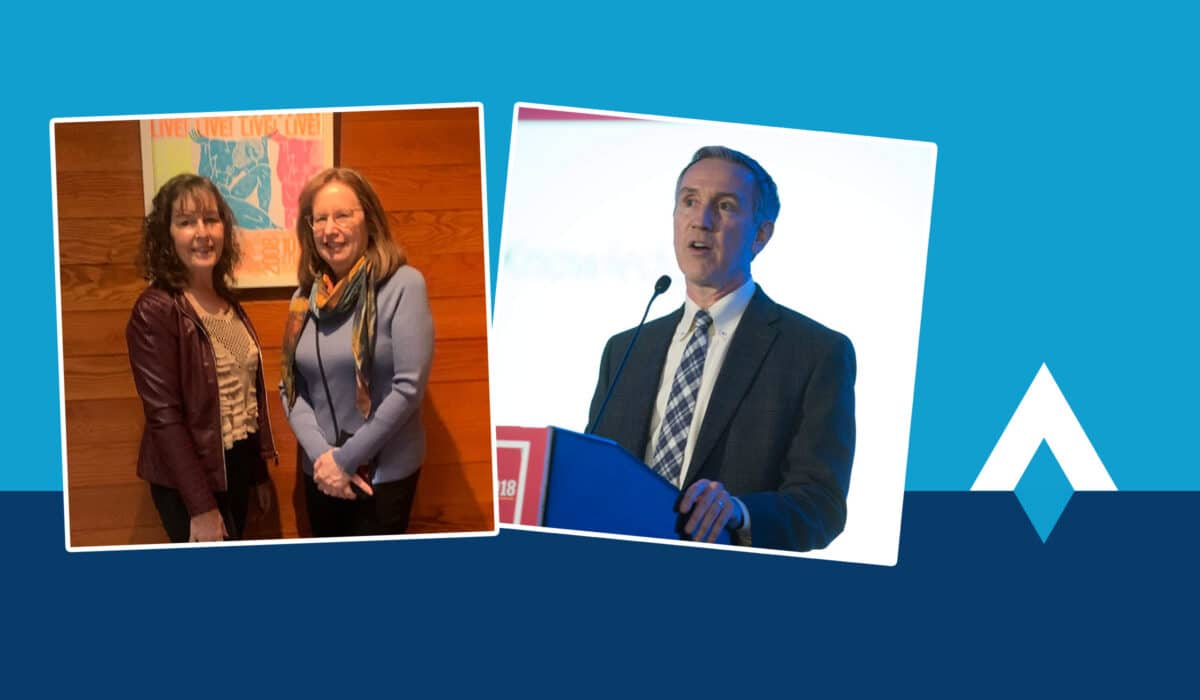Silicon Valley wisdom measures success, in part, by headcount.
But PsychCentral, a digital publication about mental health, sold for millions — without a single full-time employee.
An early web pioneer, PsychCentral was started by psychologist John Grohol in the Boston area in 1995. The site was one of the first to offer mental health information online.
Eventually Grohol grew PsychCentral to 7 million unique visitors a month, 250,000 email subscribers, and about $2 million in annual revenue.
In August 2020, he sold the business to digital health publisher HealthLine Media in a 7-figure deal.
Download our report on 14 Companies That Sold With a Contractor-Only ModelRunning a contractor-only business?
PsychCentral goes from side project to internet trailblazer
Grohol originally started PsychCentral as a side project where he could make publicly available all the best mental health resources he came across.
“I envisioned a specialized version of Yahoo, which was a general directory of all of the best online resources at the time. Like Yahoo, my resources were collected and reviewed by a human (me!). If I didn’t think the resource added much to a person’s understanding of the disorder or psychological concept, I didn’t link to it,” Grohol explained in an article marking the site’s 25th birthday.
The decision to offer scientifically-validated quizzes to help people screen themselves for conditions such as ADHD, depression, and bipolar disorder received pushback from some who thought diagnosis should be left exclusively to mental health professionals.
“‘You can’t tell people they might have depression through an online quiz! That’s unethical!!’ That was the usual retort for anything I advocated for back in those early days of the web,” Grohol recalled on his personal website. “It was a very strange time to have to navigate these kinds of obstructionists in my own profession, in order to help a greater number of people.”
Grohol persevered, and in 2006 decided to go all in on the project, pursuing his vision of democratizing access to quality mental health information full time. The company remained fully bootstrapped — Grohol never raised any outside funding. In 2008, Time magazine named PsychCentral one of the Best Websites of the year.
Challenges remained, however. One of the biggest, Grohol told us, was keeping up with Google and SEO. “Google’s constant demands on small independent publishers like ours to meet their ever-changing content guidelines, SEO requirements, technical website requirements,” he said.
“If anyone tells you that Google isn’t a monopoly with a straight face, they don’t know what they’re talking about,” he said.
Despite Google’s shifting requirements, Grohol continued to build the site’s offerings, adding a directory of mental health providers, peer support communities, and additional content written and edited by mental health professionals. All of this was powered exclusively by freelancers, up to 50 of them at a time.
“It’s a slower way to grow a company, but it means you get to keep the whole company and not give it away to banks or investors in exchange for their money,” Grohol said of his motivations for going this route, in the same 25th birthday article.
A buyer comes calling for PsychCentral
Grohol wasn’t looking to sell, but in 2020 the market for online content businesses was hot and a potential buyer approached him about purchasing the site. That initial deal fell through, but the experience got Grohol thinking about the idea of a sale. “I upped the price target and found deeper-pocketed buyers,” he told They Got Acquired.
He reached out directly to potential buyers, and Healthline Media turned out to be the right fit. The digital publisher, which itself had been acquired by Red Ventures in 2019, was looking to expand its portfolio. With Covid driving a spike in mental health concerns, a popular mental health site like Psych Central was a natural target.
“The timing couldn’t be better,” commented Healthline President Jeff Hallock at the time. “Millions of people around the world count on Healthline to help them through hard times, and we serve that growing audience with clear, evidence-based content and tools. PsychCentral is a symbiotic fit to Healthline’s mission and values.”
While it was a great opportunity, closing the deal was “stressful,” Grohol told They Got Acquired. “I had a great local M&A attorney that knew his stuff, however, and he helped me through the process. The initial information dump is daunting, but buyers are typically willing to work with you as long as you’re not trying to hide any deficiencies in the business. So it’s hurry up first, then wait while they digest and analyze all the numbers.”
The deal closed in August 2020. It was a high-7 figure deal, Grohol told us, putting the sale multiple somewhere between 3-4.5x revenue.
Advice for other content entrepreneurs looking to sell
Grohol agreed to stay on with Healthline Media as a consultant. He also went on to do consulting work through his company, Liviant, and publishes a small regional publication for New England-based psychologists called New England Psychologist.
He also continues to run My Support Forums, a private community that includes several hundred forums and support groups for emotional and mental health topics. That community was a carve-out; it was not included as part of the acquisition.
His top advice for other entrepreneurs looking to sell their companies? “Get your numbers ready ahead of time” and “enlist help through the sale process — either a trusted advisor who has gone through an acquisition themselves or a lawyer experienced in this kind of work.”
“When I wasn’t looking to sell, I made sure my P&L statements were up-to-date and reflected the most accurate numbers we could provide,” he recalled.



